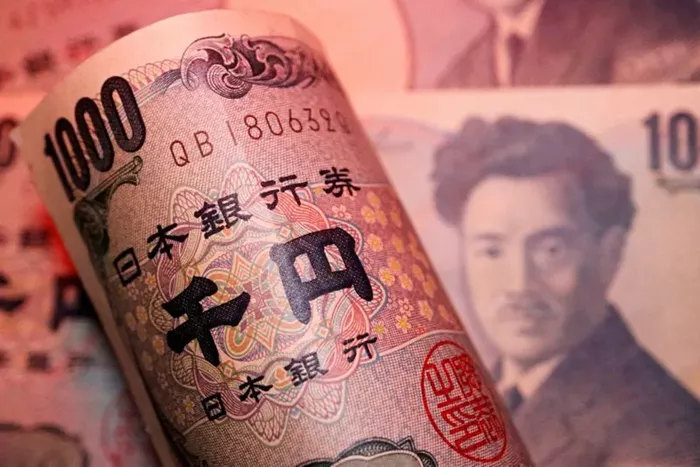Japanese stocks experienced a sharp decline after Shigeru Ishiba’s surprising win over Sanae Takaichi in the ruling party’s leadership race caught investors off guard, as many had anticipated a boost in monetary stimulus from Takaichi. The Nikkei 225 Stock Average fell by as much as 4.7% in early trading, as Ishiba’s selection prompted investors to adjust positions based on speculation that Takaichi would become Japan’s new prime minister and encourage the Bank of Japan to maintain low interest rates. The yen weakened 0.3% to 142.68 per dollar after appreciating around 1.8% on Friday, while December futures for 10-year bonds dropped by 0.70 to 144.52.
The Nikkei lagged behind the Topix by over one percentage point, indicating that the sell-off was driven largely by short-term speculators who favor the Nikkei for its liquidity and volatility.
“There’s no surprise in today’s decline considering how much the market had rallied recently on hopes of a Takaichi victory,” noted Kohei Onishi, a senior investment strategist at Mitsubishi UFJ Morgan Stanley Securities Co. “This is likely a temporary setback. Investors have been buying Japanese stocks based on expectations of inflation, wage increases, and market reforms, rather than relying on Bank of Japan easing measures. The market will shift its focus back to fundamentals.”
Ishiba has generally shown support for the central bank’s move away from ultra-low rates, a contrast to Takaichi, who has labeled further rate hikes as “stupid.”
Kyodo News has reported that Katsunobu Kato is expected to become the next finance minister, a development that could alleviate concerns that Ishiba might significantly alter some of the reflationary policies established by former Prime Minister Shinzo Abe. Kato has been a proponent of Abenomics.
Ishiba has called for greater transparency regarding the Bank of Japan’s plans to normalize monetary policy and has emphasized the importance of developing regional economies to address rural depopulation, supported by government spending.
“He didn’t discuss much about monetary policy or tax increases during his recent TV appearances,” said Yugo Tsuboi, chief strategist at Daiwa Securities. “He seems to be avoiding topics that could unsettle the markets ahead of a likely election.”
Reports indicate Ishiba may call for a general election on October 27, according to public broadcaster NHK.
Exporters exerted the heaviest downward pressure on the Topix as the yen’s strength dampened profit outlooks, while banks, which had declined last week on speculation of a Takaichi victory, experienced gains.
Analysts suggest that investors are now betting on potential Bank of Japan rate hikes following Ishiba’s win in the Liberal Democratic Party (LDP).
When Prime Minister Fumio Kishida took office in 2021, his proposal to increase capital gains taxes led to a significant decline in the Nikkei 225, dubbed the “Kishida shock.” He quickly backtracked on this plan, providing some market relief. Supported by a weaker yen, optimism regarding corporate governance reforms, and endorsements from figures like Warren Buffett, the index surged to record highs earlier this year.
However, Japanese stocks became the focal point of a global market rout in August after a Bank of Japan rate hike led to a sharp increase in the yen. While shares have recovered some losses since then, the market remains susceptible to fluctuations in the yen’s value. Ishiba has also advocated for initiatives to bolster Japan’s rural economy.
“Stocks that are oriented toward domestic demand, particularly those benefiting from regional revitalization efforts, are likely to be favored,” stated Hirofumi Kasai, a senior strategist at Tokio Marine Asset Management Co. “The overall trajectory out of the deflationary period remains unchanged.”
Morgan Stanley MUFG Securities Co. advises investors to focus on domestic demand-oriented stocks until concerns about rising corporate tax burdens are addressed. Goldman Sachs Group Inc. cautions that volatility is likely to continue in the short term until Ishiba clarifies his positions on key investor concerns, including corporate governance reform and tax rates on financial asset income.
Japan’s parliament is anticipated to confirm 67-year-old Ishiba as prime minister in a vote scheduled for October 1. Investors are likely to shift their focus to the timing of a general election, upcoming economic data, and the U.S. election.
Related topics:


